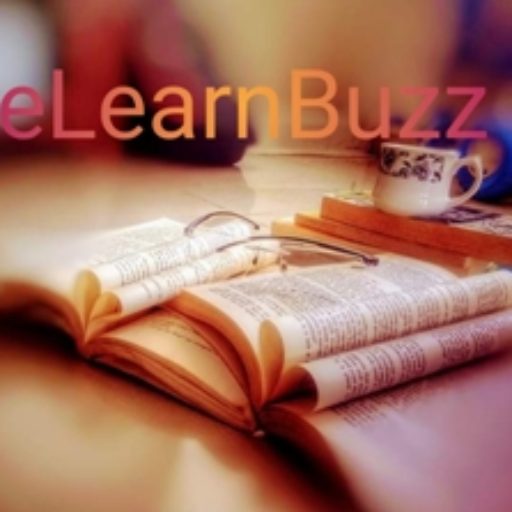30 Important Words Meaning in English (Letter ‘A’)
To increase vocabulary is very important not only for any competitive exams but our day-to-day working as well. In this post 30 Important Words Meaning starting from Letter ‘A’ are given to boost your vocabulary. Important Words Meaning – Letter ‘A’ 1. abate – subside, moderate, कम करना 2. abbreviate – shorten, छोटा करना 3….
